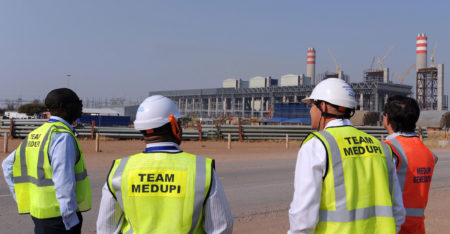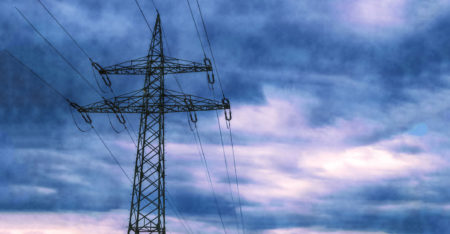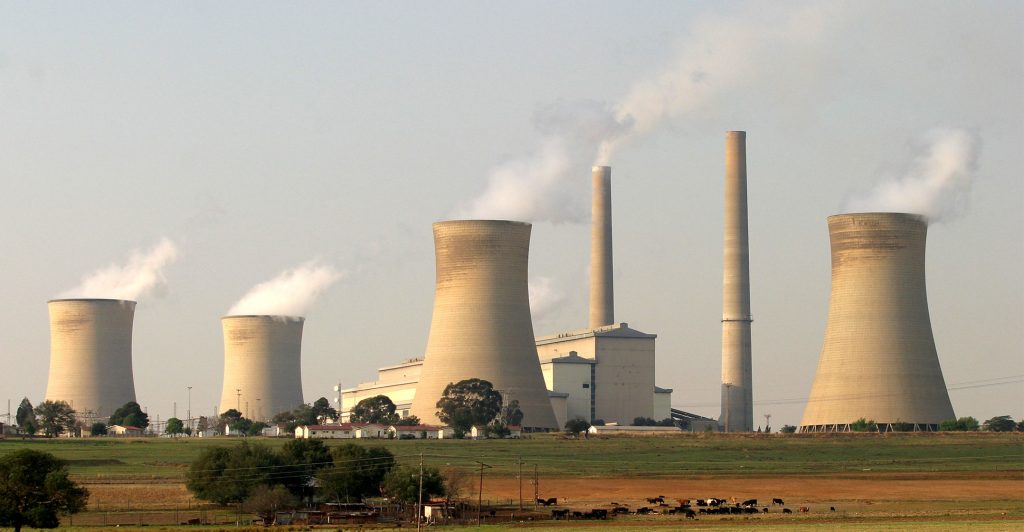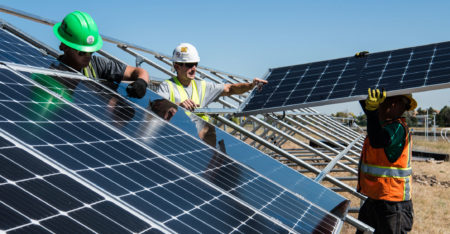A week after it announced it had attached a bank account belonging to the Matjhabeng municipality, which includes the Free State town of Welkom, Eskom has attached 139 farms belonging to the council.
Browsing: Energy and sustainability
Google aims to power its data centres and offices solely with renewable energy by 2030, its CEO said, becoming the biggest company in the world to commit to ditching coal and natural gas power.
A conveyor belt at the giant Medupi coal-fired power station snapped on Wednesday night, prompted state-owned power utility Eskom to warn on Thursday morning of a high risk of load shedding.
There is a perception that load shedding would be far worse were it not for the disruption wrought by the Covid-19 pandemic and lockdown. It’s a myth. By Hilton Tarrant.
London-based private equity firm Actis is looking at African energy projects to add to the US$1-billion it has already invested in the sector on the continent.
Eskom has attached a bank account belonging to the Matjhabeng municipality in the Free State, which includes the town of Welkom, in response to R3.4-billion in outstanding debt for the provision of bulk electricity.
Eskom has read the riot act to “apathetic” managers at its power stations, calling for an “urgent culture change” in the organisation, as the state-owned monopoly plunges the country into severe load shedding.
Eskom has suspended the managers of three of its biggest generating plants as the company suffers crippling electricity outages, people familiar with the situation said.
Eskom’s gross debt increased to R488-billion as of March 2020, from R440-billion a year earlier, the firm said in a presentation to parliament on Wednesday.
A promising new family of materials known as halide perovskites – semiconductors that conduct charges when stimulated with light – could have a transformative impact on the global energy market.








